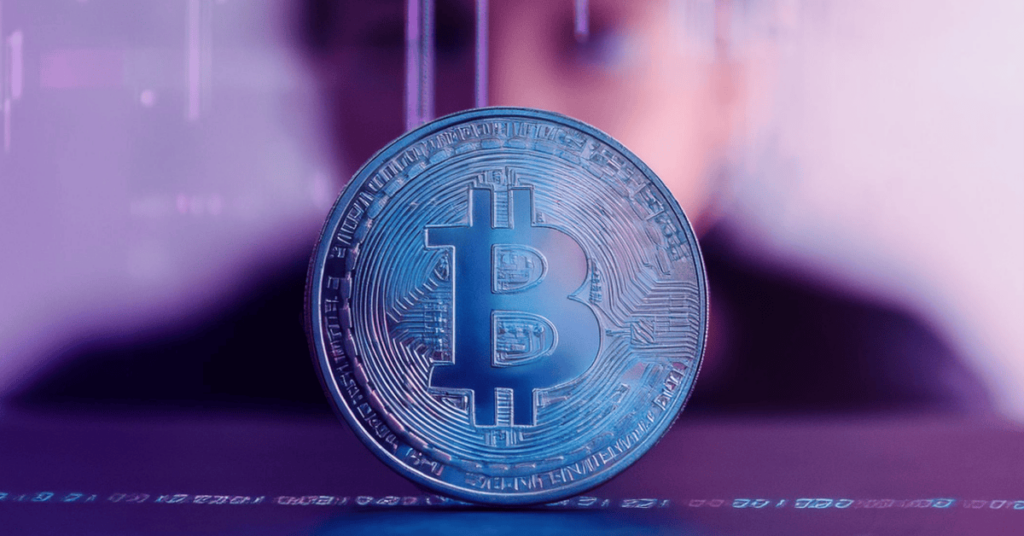
While know your customer (KYC) requirements typically arise in the context of banks and other financial institutions, they also can apply to cryptocurrency exchanges. What are the KYC requirements for crypto exchanges, and what does it take to maintain compliance? Keep reading for a brief guide to crypto KYC.
Why is KYC important in crypto?
KYC requirements protect individual crypto buyers as well as the providers/exchanges who facilitate crypto transactions. Here’s how:
- KYC compliance safeguards crypto buyers against potential fraud. It can help users feel comfortable conducting transactions, especially if they’re new to trading crypto.
- KYC also protects crypto exchanges from unwittingly abetting cybercriminals and other bad actors who could exploit their systems and security. By proactively committing to KYC compliance, crypto exchanges can prevent money laundering, and foster trust, making customers more likely to do business with your platform.
Is KYC mandatory for crypto?
KYC verification is often — but not always — mandatory for crypto exchanges. Crypto KYC requirements vary by country or region. Here are a few examples:
- In the US, most crypto exchanges fall under the federal classification of “money service businesses” (MSBs), and consequently, are subject to certain regulations (like the Bank Secrecy Act of 1970).
- In the UK, rules like 2020’s 5th Money Laundering Directive (5AMLD) represented a significant step toward uniform KYC regulations for crypto exchanges.
- In the EU, Parliament recently instituted the region’s first KYC rules for tracing crypto transfers and preventing money laundering in order to protect crypto buyers and transactions.
What crypto does not require KYC?
At this time, not all crypto exchanges fall under KYC requirements. For example, some exchanges have virtually no KYC regulation, while others only require KYC processes for a certain threshold of transaction. For example, some crypto exchanges, offer an “unverified” account type that does not require KYC.
It’s generally expected that KYC regulations will eventually standardize and become the norm throughout the world. Take the popular crypto exchange KuCoin, for example — which went from being largely KYC-free to requiring KYC processes for all new users as of July 2023.
What is an example of KYC verification in crypto?
Verification of KYC in crypto is often similar to that of other industries, such as traditional banking and financial services. It consists of 4 main components:
- Verifying the customer’s identity. A new crypto customer must first prove that they are who they say they are — a key step in preventing identity theft and other forms of fraud. They’ll typically be asked to provide things like their name, address, and date of birth. Exchanges that leverage a modern identity verification platform can also offer biometric verification.
- Performing customer due diligence. Once the customer verifies their identity, the next step is performing due diligence. The objective is to identify any red flags or warning signs that could be indicative of a high-risk individual. For crypto exchanges, this could include sanctions and politically exposed persons (PEP) screenings, as well as checking established watchlists.
- Assessing customer risk factors. After gathering the necessary information, a crypto exchange then has to decide whether to approve the customer to continue their onboarding or follow up on any risk factors through enhanced due diligence.
- Monitoring for changes. Once the customer has been approved and is active on a crypto exchange, their transactions will be monitored over time. This way, if any new risk factors emerge, they can be proactively monitored and mitigated as needed.
Is crypto with KYC safe?
There’s no two ways about it: the crypto industry is one that generally doesn’t inspire a lot of confidence among consumers. Consider these findings from a recent PEW Research study:
- 88% of Americans say they “have heard at least a little about cryptocurrency.”
- Among that 88%, “three-quarters say they are not confident that current ways to invest in, trade or use cryptocurrencies are reliable and safe.”
- 39% of American adults who have heard of cryptocurrency are “not at all confident” about the safety of crypto exchanges, and another 36% are “not very confident” about their safety.
Despite the vast majority of Americans expressing some misgivings about the crypto trade, 17% of U.S. adults have “invested in, traded or used a cryptocurrency.”
These figures present a compelling opportunity for crypto exchanges. By being more transparent and forthright about the risks of crypto — and the trustworthiness of those that comply with KYC regulations — they can attract hesitant new investors to explore their offerings.
Are non-KYC crypto exchanges safe?
Just because a crypto exchange doesn’t adhere to established KYC procedures doesn’t mean it’s dangerous — you shouldn’t assume a “no KYC” crypto exchange to be safe, either. Many platforms without KYC requirements provide a secure trading environment in their own way, but customers have to largely take them for their word.
Onfido’s Real Identity Platform was built to make KYC processes more efficient and effective for crypto exchanges, banks, and a wide range of additional industries. Take a tour of the platform, or get in touch to learn more.





